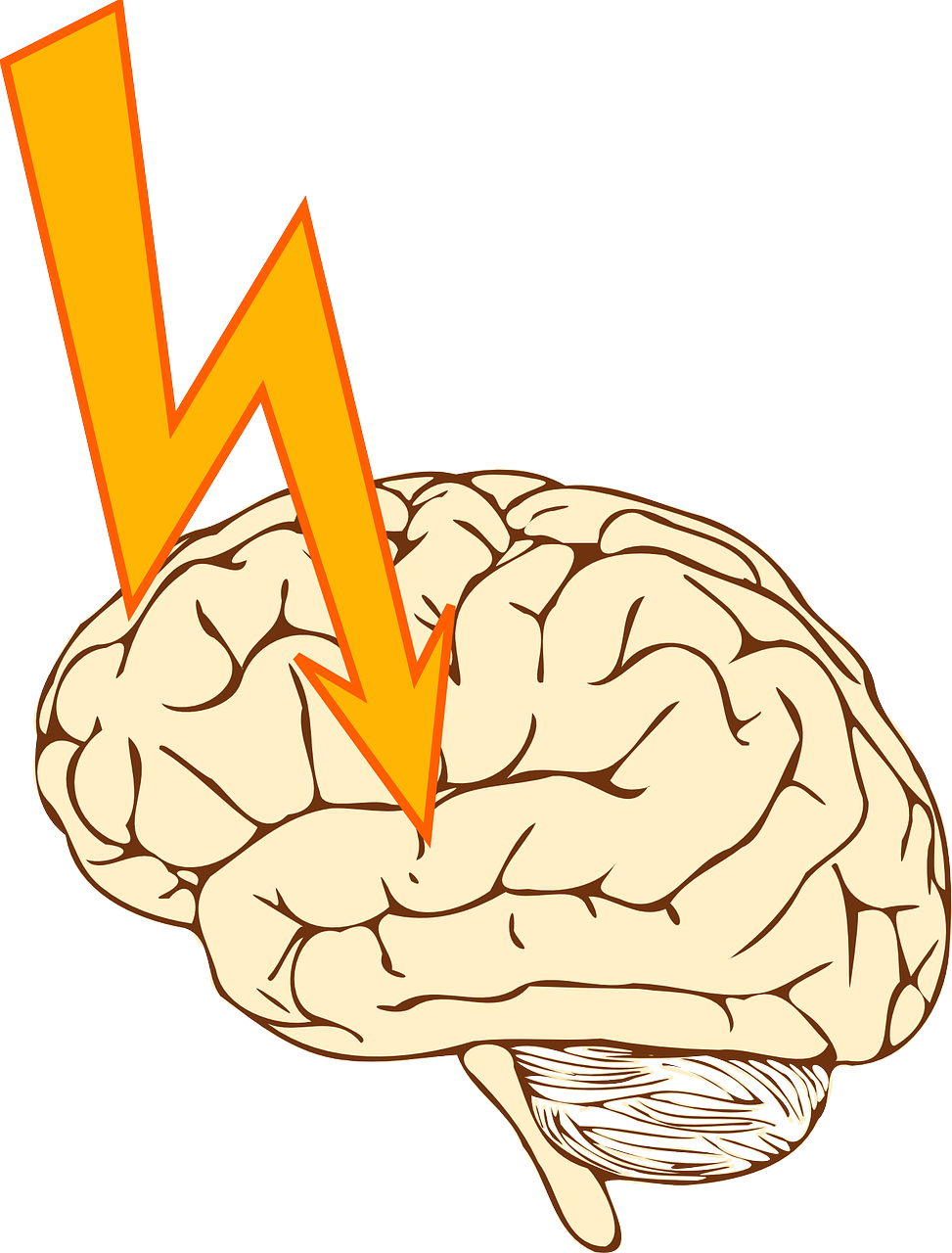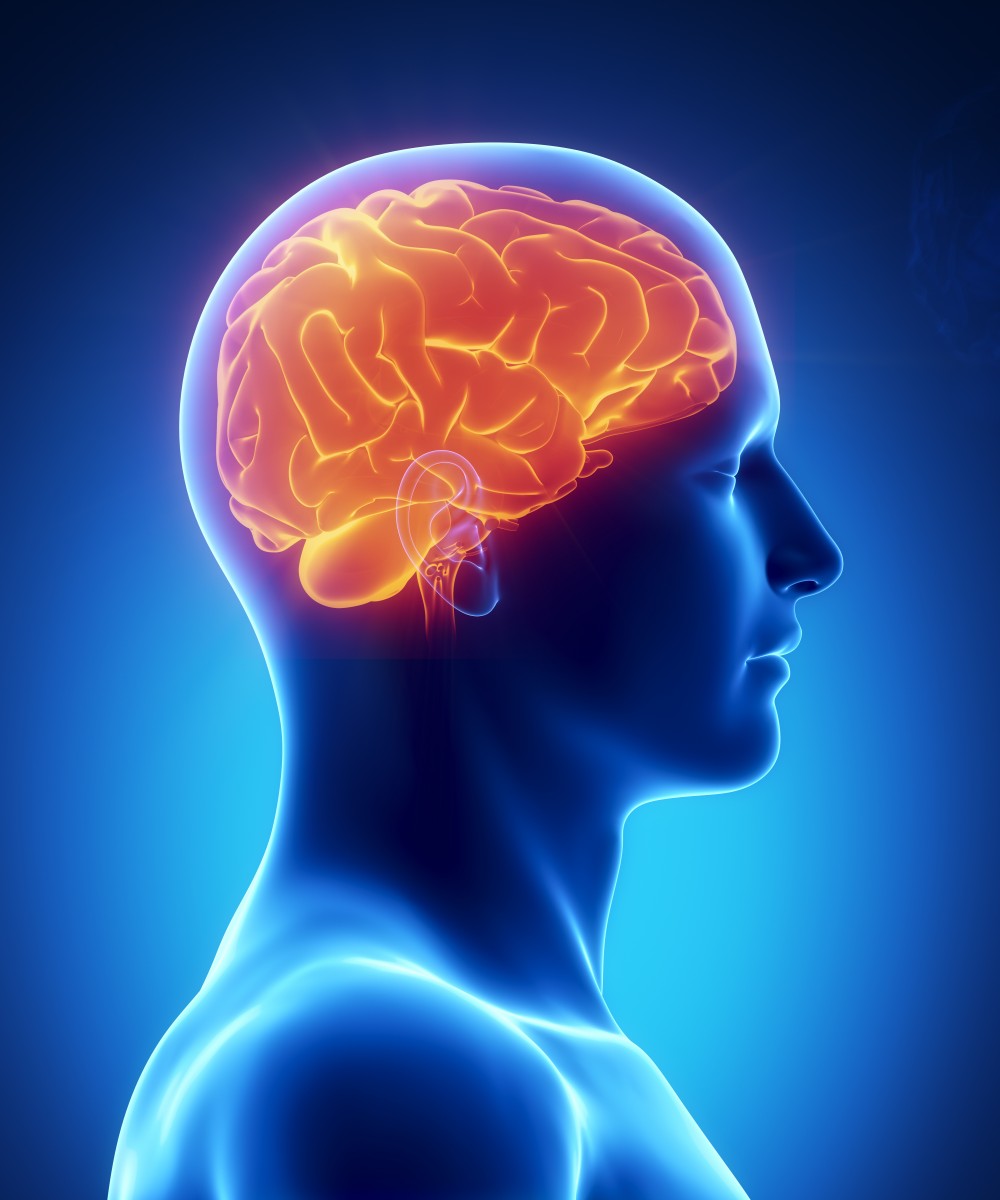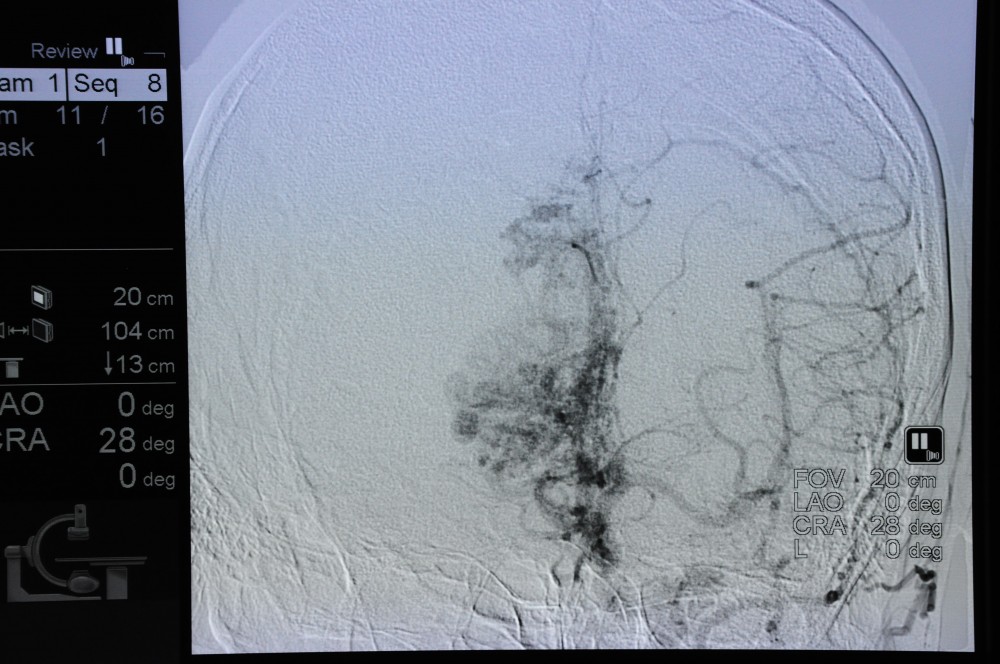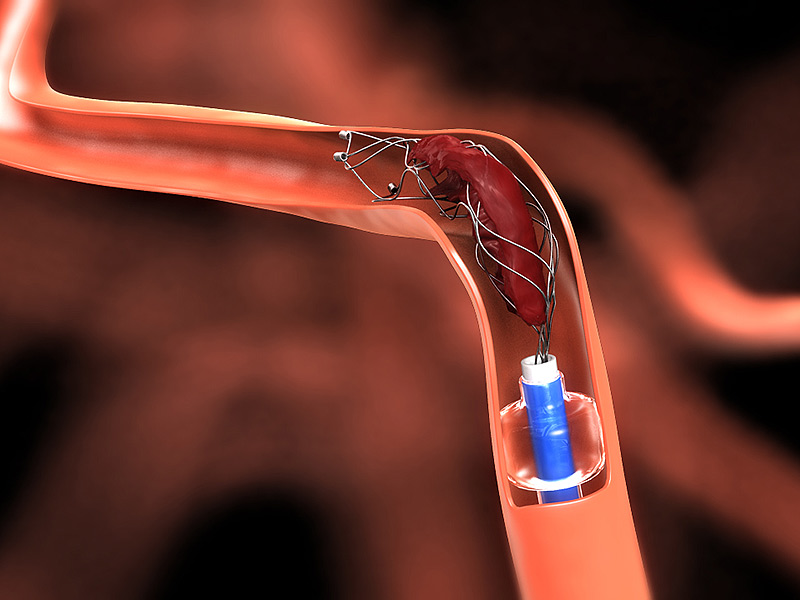
Oct 11, 2016
Oct 07, 2016 | Dava Stewart
A review of the current literature regarding minor stroke and transient ischemic attack (TIA) shows that more comprehensive care could lead to less disability as well as be cost effective. The review, conducted by Aleksandra Yakhkind, MD, of the Department of Neurology at the Warren Alpert Medical School of Brown University in Providence, RI, and colleagues, was published in the journal Frontiers in Neurology recently. (more…)

Oct 10, 2016
Written by Hannah Nichols
Published: Friday 7 October 2016 at www.medicalnewstoday.com
Different triggers spark stroke, injuries, and neurodegenerative diseases, but the molecular chain of events responsible for brain cell death in these conditions are the same. Johns Hopkins researchers have isolated the single protein at the end of the chain that delivers the fatal blow and hacks up a cell’s DNA.
The findings – published in the journal Science – could pave the way for new therapies to stop the process in its tracks and potentially prevent brain cell death. (more…)

Oct 7, 2016
Samson, Kurt
Post-Stroke Depression Eight Times Higher than Average, Danish Study Finds
The incidence of depression in the early months after a first stroke was eight times higher than average, according to a population-based study in Denmark, and patients with a history of prior depression or more severe stroke were especially vulnerable.After three months the rate fell significantly, yet it was still two times higher at two years, according to the study published online September 7 in JAMA Psychiatry. (more…)

Oct 6, 2016
For decades, warfarin was the only oral blood thinner available to reduce the risk of stroke for patients with atrial fibrillation. Warfarin use is cumbersome, because it requires ongoing blood test to monitor the effect and has numerous drug and food interaction. Now a number of non-vitamin K antagonist oral anticoagulant (NOAC) drugs are available for patients with atrial fibrillation and claim to revolutionize the care for patients with atrial fibrillation. (more…)

Oct 3, 2016
UCLA-led study shows that stent retrievers can provide benefits more than seven hours after onset
Article by: Enrique Rivero | September 27, 2016
Time is of the essence when getting people stricken with acute ischemic strokes to treatment. And the use of stent retrievers — devices that remove the blood clot like pulling a cork out of a wine bottle — has proven to be a breakthrough for removing the life-threatening blockage of blood flow to the brain. (more…)

Sep 30, 2016
The formation of SAFE in 2004 was the first step in a journey of consolidation, expansion and a quest for sustainability, all of which are necessary requirements to enable influencing and campaigning over the sustained periods of time needed to effect real improvement and change.
This is a constant struggle, some SSO’s have ceased to exist, but overall there are now more than 30 SSO’s in Europe, and over a dozen now employ paid staff, supported by volunteers, many of whom are stroke survivors or family members. One of the youngest SSOs in SAFE, yet very active and enthusiastic about the cause is the SSO from Former Yugoslav Republic of Macedonia. We spoke with Maja Bozinovska, neurologist and the President of the “Здружение за борба против мозочен удар” about their SSO’s membership at SAFE, what does it mean for their organisation, but also what is the work they do and challenges they meet every day. (more…)

Sep 29, 2016
As more people survive stroke, the burden of care and support is great and increasing. However, the implementation of guidelines, interventions and organized stroke care varies across Europe, contributing to variations of outcomes for stroke survivors.
The challenges are to go back to designing more effective ways of preventing stroke, said Prof. Charles Wolfe from King’s College London, the lead researcher of the Burden of Stroke Report.
King’s College London has been commissioned by the Stroke Association in the UK, on behalf of the Stroke Alliance for Europe, SAFE, to undertake a project on the burden of stroke and how patients’ needs are met by health care provision in Europe. (more…)

Sep 27, 2016
New devices called stent retrievers, which effectively reverse strokes, have revolutionized the treatment of certain stroke patients, says sciencedaily.com citing an article in the journal Expert Review of Neurotherapeutics.
“Stent retrievers are a major advance in acute ischemic stroke care and will have significant impact on the evolution of stroke systems of care,” according to the article by Loyola Medicine neurologists Rick Gill, MD and Michael J. Schneck, MD. Dr. Gill is the outgoing chief resident and Dr. Schneck is a professor in the Department of Neurology of Loyola University Chicago Stritch School of Medicine. (more…)

Sep 25, 2016
September 23rd, 2016, is a day that can be in the history of the fight against stroke in Portugal: The 1st associative entity was founded, and is officially legalized, nationwide, led by survivors of stroke, although including families, health professionals, caregivers and friends who embrace this cause. The name of this newly founded stroke support organisation is the PT.AVC – Union of Survivors, Family and friends, also known as “Portugal AVC“. (more…)

Sep 21, 2016
The author of the article: Richard Smith, Chair of Patients Know Best and icddr,b (formerly International Centre for Diarrhoeal Disease Research, Bangladesh) and former editor of the BMJ.
Article published on: https://www.kingsfund.org.uk/
Cardiovascular disease accounts for just over a quarter of deaths (27 per cent) in Britain and costs the economy £15 billion a year, £11 billion of which are the costs of health care. Each year 41,000 people die prematurely (under 75) from cardiovascular disease. We know how to prevent half, and possibly three-quarters, of these deaths, but at the moment we are failing to do so. (more…)













